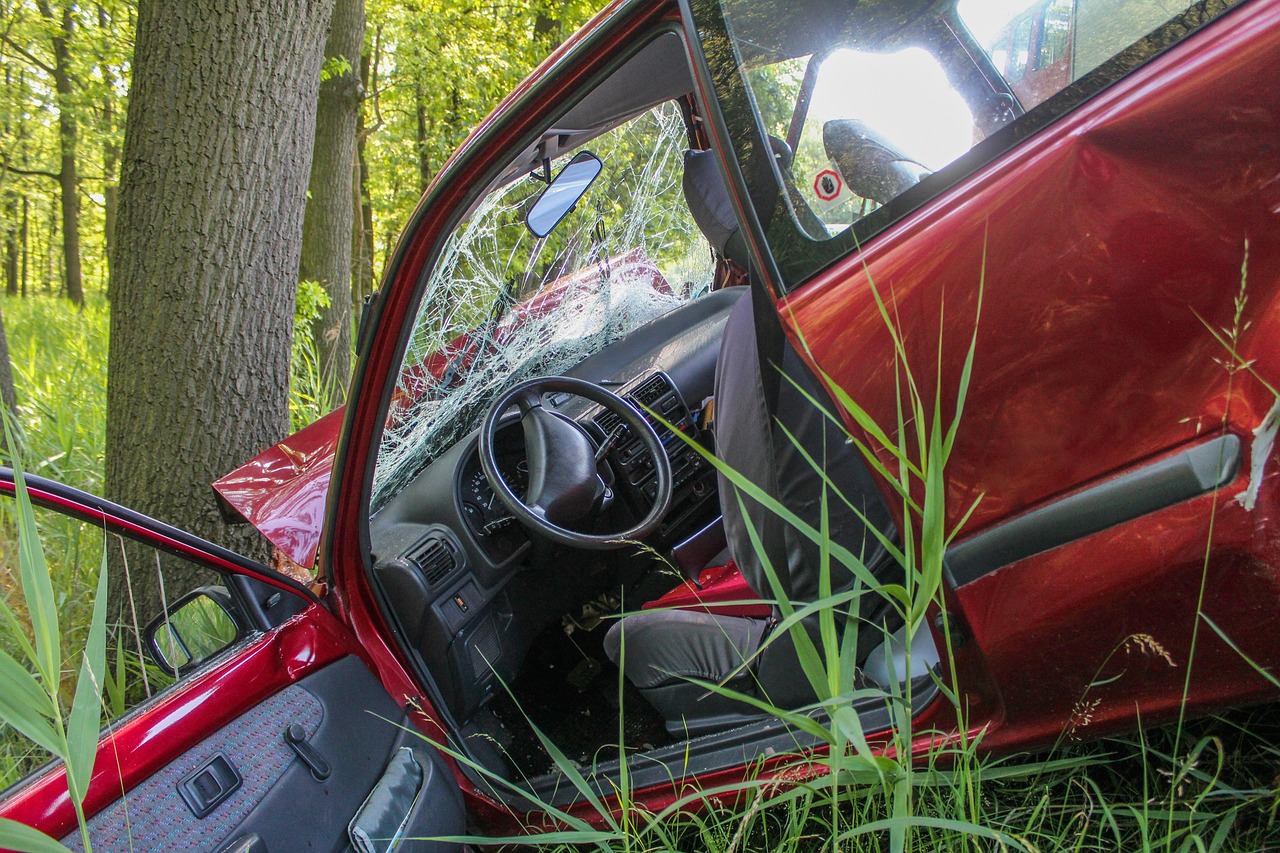Media release
From:
Vehicle Age and Driver Assistance Technologies in Fatal Crashes Involving Teen and Middle-Aged Drivers
JAMA Network Open
Original Investigation
About JAMA Network Open: JAMA Network Open is an online-only open access general medical journal from the JAMA Network. On weekdays, the journal publishes peer-reviewed clinical research and commentary in more than 40 medical and health subject areas. Every article is free online from the day of publication.
About The Study: The findings of this study suggest that older vehicles and those with fewer driver assistance technologies are associated with increased risk of driver death in fatal crashes; thus, teens should drive the safest vehicles available, not older family cars. The findings underscore the urgent need to ensure teens drive safer vehicles to protect their lives.
(doi:10.1001/jamanetworkopen.2025.8942)
Editor’s Note: Please see the article for additional information, including other authors, author contributions and affiliations, conflict of interest and financial disclosures, and funding and support.



 International
International



